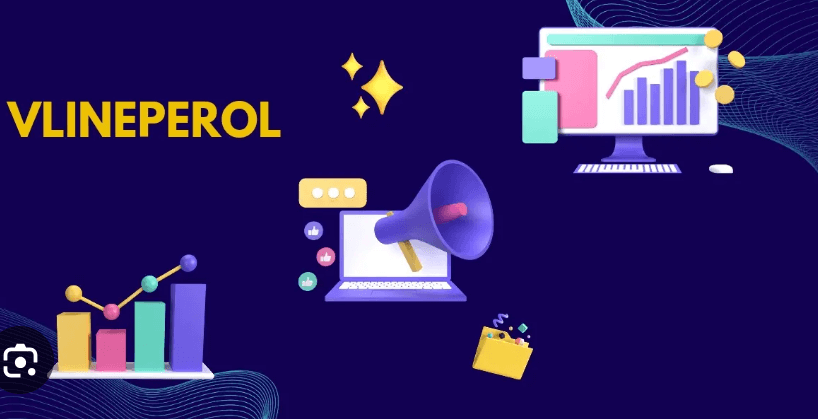Introduction
With millions of active users across various platforms, social media influencers have become a driving force in shaping consumer behavior and brand perception. In this article, we will explore the impact of social media influencers on modern marketing strategies, how they influence consumers, and the challenges and benefits of collaborating with influencers.
1. The Rise of Social Media Influencers
1.1 The Birth of Influencer Culture
The concept of influencers dates back to the early days of social media when individuals with large followings started to wield considerable influence over their audiences. These early influencers paved the way for the rise of modern-day influencer culture.
1.2 Types of Social Media Influencers
Social media influencers come in various forms, each with a unique set of characteristics and audience demographics. From macro-influencers with hundreds of thousands of followers to micro-influencers with a more niche following, brands can choose influencers based on their marketing objectives.
2. How Social Media Influencers Impact Consumers
2.1 Building Trust and Credibility
Social media influencers often build strong connections with their followers, creating a sense of trust and credibility. As a result, their recommendations and endorsements can significantly impact the purchasing decisions of their audience.
2.2 Driving Brand Awareness and Reach
Collaborating with influencers allows brands to tap into the influencer’s existing audience, expanding their reach and gaining exposure to potential new customers.
2.3 The Power of Authenticity
Authenticity is a key factor in influencer marketing. Influencers who remain genuine and transparent in their content are more likely to connect with their audience and influence their purchasing behavior positively.
3. Challenges and Benefits of Influencer Marketing
3.1 Navigating FTC Guidelines
As the influencer marketing industry continues to grow, regulators have implemented guidelines to ensure transparency and disclosure in sponsored content. Brands must navigate these regulations to avoid potential legal issues.
3.2 Finding the Right Fit
Choosing the right influencer for a brand’s campaign is crucial. Finding an influencer who aligns with the brand’s values and resonates with the target audience is essential for a successful collaboration.
3.3 Measuring ROI
Brands need to implement suitable tracking tools to gauge the effectiveness of their campaigns accurately.
4. Leveraging Social Media Influencers for Business Growth
4.1 Crafting Engaging Content
Collaborating with influencers allows brands to tap into their creativity and produce engaging content that resonates with their audience.
4.2 Running Contests and Giveaways
Contests and giveaways hosted by influencers can boost brand engagement and attract new followers, leading to potential conversions.
4.3 Long-term Partnerships
Establishing long-term partnerships with influencers can lead to more authentic and impactful campaigns as the influencer becomes an advocate for the brand.
5. The Future of Influencer Marketing
The world of influencer marketing is continuously evolving. As technology advances and consumer behavior changes, brands will need to adapt their strategies to remain relevant and successful.
Conclusion
Social media influencers have become a driving force in modern marketing, impacting consumer behavior, and shaping brand perception. By building trust, reaching new audiences, and delivering authentic content, influencers offer brands a powerful means to connect with their target customers. However, challenges such as FTC guidelines and measuring ROI require careful consideration. Leveraging influencers wisely and forming long-term partnerships will lead to fruitful results for businesses in the digital age.
FAQs
- Are social media influencers only effective for certain industries? Social media influencers can be effective across various industries. However, their impact may vary based on the nature of the product or service being promoted and the influencer’s audience alignment.
- How can small businesses benefit from influencer marketing? Small businesses can benefit from influencer marketing by collaborating with micro-influencers who have a smaller, more engaged following within their niche.
- Can influencer marketing be successful without authentic content? Authentic content is at the core of influencer marketing success. Without it, audiences may perceive collaborations as insincere or solely driven by financial gain.
- What challenges do brands face when measuring the ROI of influencer campaigns? Measuring the ROI of influencer campaigns can be challenging due to attribution complexities and the indirect impact influencers may have on the customer journey.
- How can brands maintain long-term partnerships with influencers? Brands can maintain long-term partnerships with influencers by fostering mutual respect, compensating fairly, and involving influencers in the brand’s growth and development.





